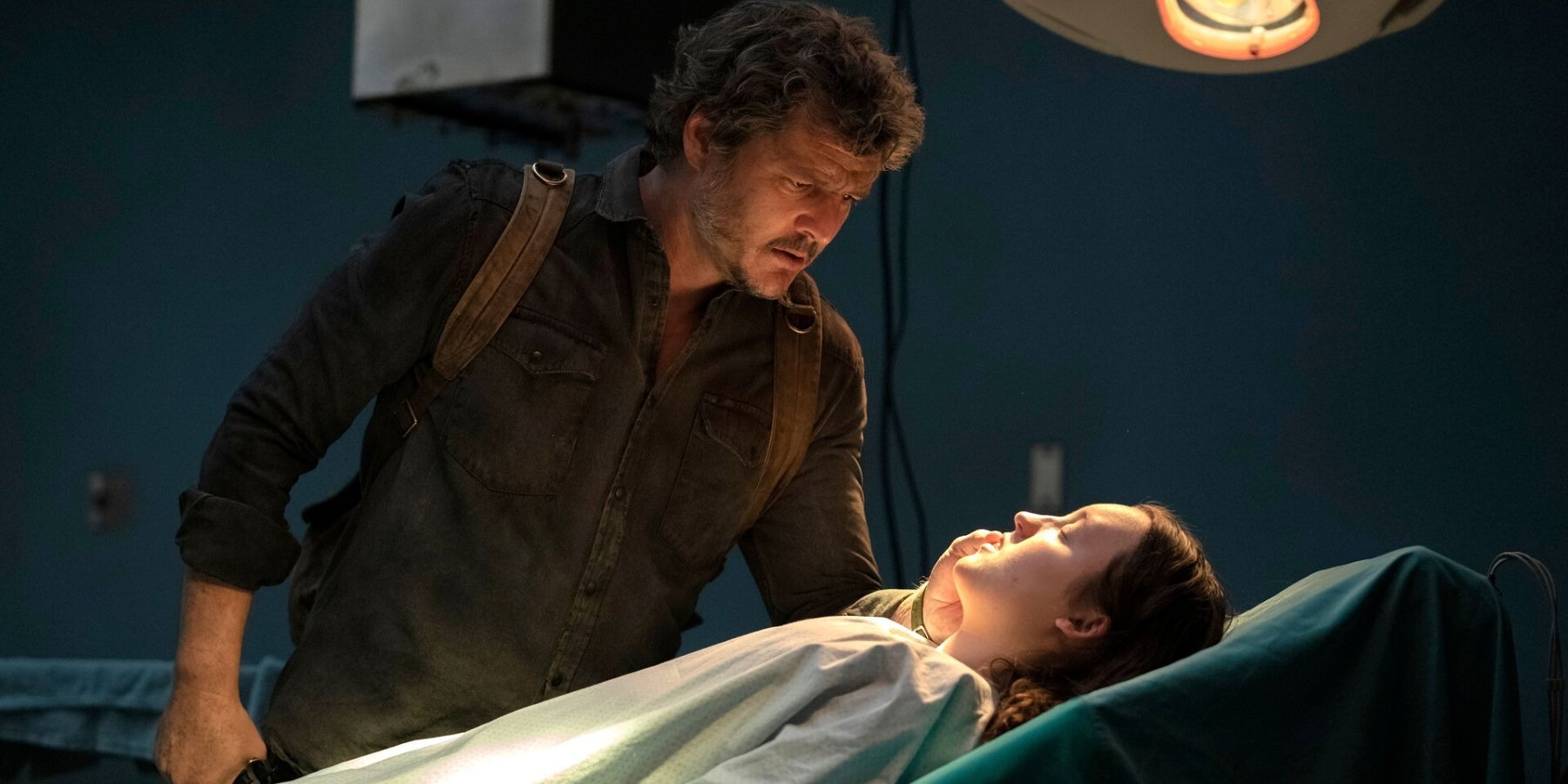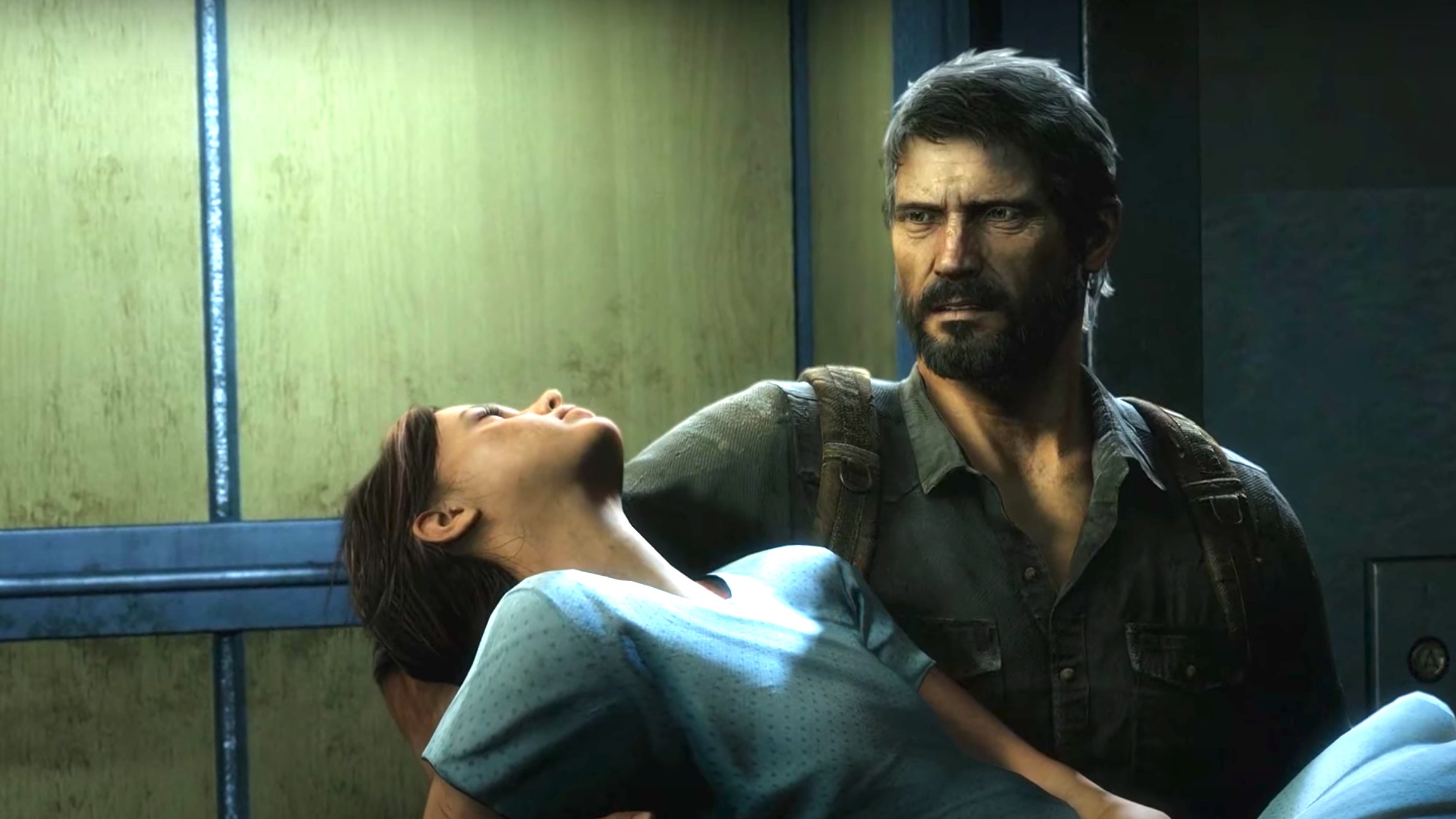The conclusion of The Last of Us leaves players with a sense of ambiguity. Joel, after enduring a brutal battle to bring Ellie to the Fireflies in Salt Lake City, uncovers the real reason why they want her. Ellie, immune to the cordyceps infection, may be the only person with this natural immunity.
Her mutation could hold the key to creating a vaccine. But the procedure to extract the mutated fungus from her brain and spine would cost her life. Refusing to lose another loved one, Joel fights back, killing the Fireflies and even the doctor who could have saved Ellie.

In his desperation to protect her, he condemns humanity’s chance at survival. Joel’s decision is driven by his inability to let go of the last person he holds dear.
The result of his actions is even more heartbreaking. When Ellie regains consciousness, she asks for the truth, and Joel lies. He claims that the Fireflies had given up and found no other immune people. It’s only after their return to Jackson that Ellie reveals her feelings of guilt and loss, and Joel’s lie weighs heavily on both of them.
Ellie’s final request to Joel is for him to swear that what he told her about the Fireflies is true, to which Joel solemnly agrees. Ellie, grappling with the truth, quietly responds, “Okay.” The screen then cuts to black, and the story ends. The ending resonates deeply, both then and now, as it marks a perfect conclusion to the journey.
An Uncertain Future
Before the release of The Last of Us Part 2, The Last of Us stood alone, with its ending being definitive. There were no additional scenes, no epilogues—just the final moments between Joel and Ellie and the conclusions players drew on their own.
Over time, players became emotionally invested in Ellie, who was portrayed as both strong and vulnerable. Joel, having lost his daughter, grew to care for Ellie as if she were his own. However, his final choice—choosing Ellie’s survival over the lives of others—raises questions about selfishness versus nobility.
While Joel may have acted as a father, his decision was not one of selflessness but of fear and love for the last piece of his lost family. In doing so, he took away Ellie’s chance at making the ultimate sacrifice for the greater good.
Ellie’s actions, shown through her disappointment after waking up in the car, indicate her willingness to die for humanity’s future. She never expected to survive the procedure, and Joel’s actions take away her agency. This choice complicates the player’s role, as they, too, become complicit in Joel’s decision.
Despite her internal struggle, Ellie chooses to believe Joel’s lie, though how long this will last is left uncertain. As an ending on its own, this conclusion is powerful and emotionally charged.
Many argued that a sequel would only diminish the impact of the original and that The Last of Us should remain a standalone experience. However, with the release of the sequel, the consequences of Joel’s choice become clearer, and they are even worse than anyone anticipated.
The Consequences of a Fateful Choice
The Last of Us Part 2 picks up the story and assesses the fallout from Joel’s decision. His relationship with Ellie, strained by his actions, slowly deteriorates. Time reveals the emotional distance between them, making it impossible for Joel to restore their previous bond.

Flashbacks in The Last of Us Part 2 fill in the gap between the two games, starting with a happy memory of Joel and Ellie enjoying a museum trip on her birthday. It’s a rare moment of peace before everything begins to unravel. The following flashbacks show Ellie’s growing guilt over surviving when others perished.
Eventually, she learns the truth from Joel, and that revelation becomes the breaking point. She vows never to forgive him, and Joel’s death, at the hands of Abby, happens before Ellie can reconcile with him. Ellie spends much of Part 2 consumed by the weight of the betrayal.
However, the final moments of the game reveal that Ellie did forgive Joel, and they had planned to rebuild their relationship before his death. This emotional closure arrives too late after Ellie has already set herself on a path of vengeance that destroys everything she holds dear.
Even More Impactful
Replaying The Last of Us Part 1 now, after all the events of Part 2, feels like revisiting a prequel rather than the first chapter of a larger story. The original game shows Joel’s desperate attempts to protect Ellie from the harshest realities of the world, and his personal growth throughout their journey.
But in those final moments, when he chooses to save her at all costs, he dooms both of them. By killing the surgeon—the man who was Abby’s father—Joel sets in motion Abby’s quest for revenge, which directly impacts the events of Part 2.
Meanwhile, Ellie is robbed of her chance to fulfill her intended purpose, leading her down a dark path of guilt and self-destruction. In trying to protect her, Joel condemns her to a future filled with loss and regret.



